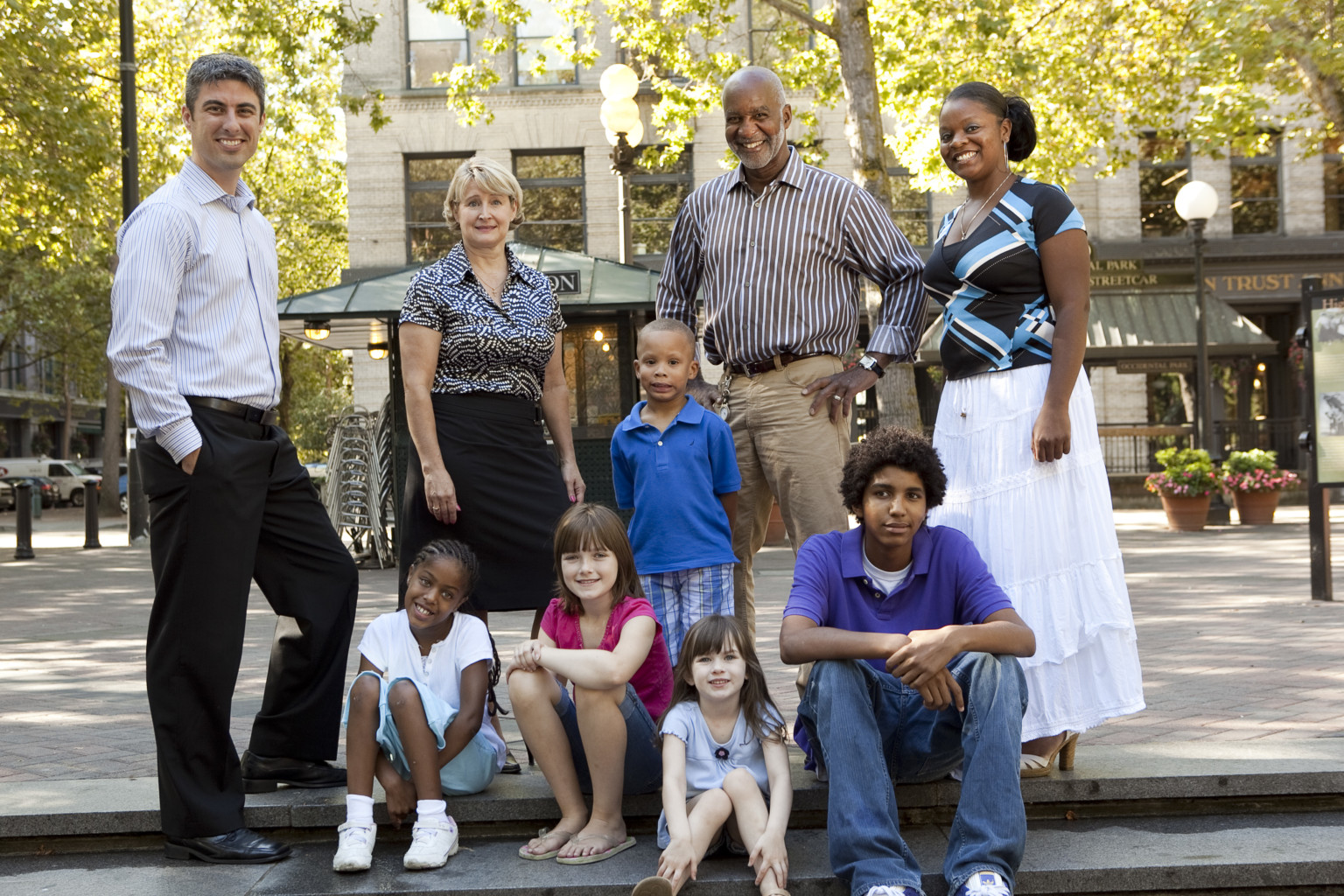
Foster Care
And Five Things You Can Do
CASA of NWA
May 2022
In observance of National Foster Care Month in May, we at CASA would like to share why and how foster care matters to us. Strengthening relative and kinship foster families is incredibly important in the work we do, and we aim to empower children by providing a dedicated voice to guide and advocate for them. Above all, we prioritize the safety and security of our kids entering, transitioning, or navigating foster care and tumultuous times in the family.
Few organizations share the unique opportunity of serving such a vulnerable population of children in such a direct way; it’s in our name: C.A.S.A. Court Appointed Special Advocate– meaning we are assigned by court order in juvenile cases involving children facing abuse and neglect.
What’s especially unique is that not only are our CASAs made up entirely of volunteers, but our organization revolves around providing professional training and development to these volunteers so that we can best equip them to deal with any case, for any and every child. A CASA’s incentive to volunteer their time comes from knowing that each minute they spend with a child is a minute that can be used to improve their situation, and ultimately their life.
Getting to Foster Care in Arkansas
If there was one key takeaway about how placement works, it’s that reunification is the number one priority, if possible. This goes for the county judges and DHS, as well as CASA. Judges will deliberate based on a number of different records, documents, and testimonies during adjudication, and the DHS caseworker works tirelessly to understand as many elements of each case as they can-and they have a lot.
Last year, almost 27,000 investigations took place for abuse and neglect in Arkansas, or around 4,500 per month on average. In our area—made up of Benton, Washington, Carroll, and Madison Counties— this number was almost 5,000 investigations. The majority (54%) of case plan goals in the state work toward reunification, with the next closest being adoption at 24%.
The process to determine whether termination of parental rights (TPR) is necessary is never an easy one; it is difficult and heavy on everyone involved yet calculated to be in the absolute best interest of the child.
Finding Permanency
Family separation can be a significant source of trauma, which is why the next best alternative to reunification would be for a child to receive care from relatives or kinships. Children who are placed with kinship caregivers overall experience less placement disruption, fewer behavioral problems, and fewer mental health disorders. Family and kinship foster care can also serve to create more stability by engaging in shared culture and language.
In our area, nearly 46% of the cases that our CASAs worked on resulted in reunification with the parent(s). In addition to that, another 21% of our cases found custody with a relative/kinship home. In the state of Arkansas in 2021, 43% are reunified with their parent(s), while 21% of children are formally adopted by relatives.
While most children will be either reunified with their parent(s) or will find care with family or kinship, this process is far from simple or timely; it can take years depending on the circumstances. For example, of the 982 children in foster care in Northwest Arkansas in 2021, more than 500 of them were in care for over a year, and another 200 for over two years. In the state, it can take an average of 29.1 months (about 2 and a half years) of staying in care before finalizing an adoption, and there are between two and three hundred children that age out of foster care each year.
Adoptions are always special days for CASA volunteers. By this point, they have endured termination hearings, disclosure meetings with potential adoptive families, and likely difficult conversations if pre-adoptive placements fail. You can only imagine what it would be like to be in court the day your child finds their forever home.
Is There Anything I Can Do for Foster Care in Arkansas?
Easy. Here are 5 things that anyone can do, and any one thing could have an enormous impact.
- Know the signs. If no other way of getting involved is an option (that’s okay!), but you still want to support the safety and well-being of your community’s children, educate yourself on the warning signs, and know how to report if you notice anything.
- How to Report Child Abuse & Neglect
- Call the Child Abuse Hotline at 1-800-482-5964
- Get involved with CASA. Our CASAs are intricately trained to be equipped to handle any case for any child, and we ensure that each child has someone advocating for them through the entire court process.
- Be informed. Having a general understanding of how the system works and keeping up to date with new developments or legislation regarding foster care, juvenile courts, and CASA is an important first step in becoming active in your community and helping a child in need. Here are a few resources to get started:
- Get involved in the Arkansas Division of Children and Family Services (ARDCFS)
- Volunteer Information/Supplies Needed
- Become an Independent Living Program Sponsor– email our Older Youth Specialist, Amanda Wilkerson for more ways to support our Older Youth.
- Become a Foster Parent.
- Call (501)-682-8747 for inquires and application
- DCFS- Foster Care FAQs
- DCFS- Foster Parent Flyer